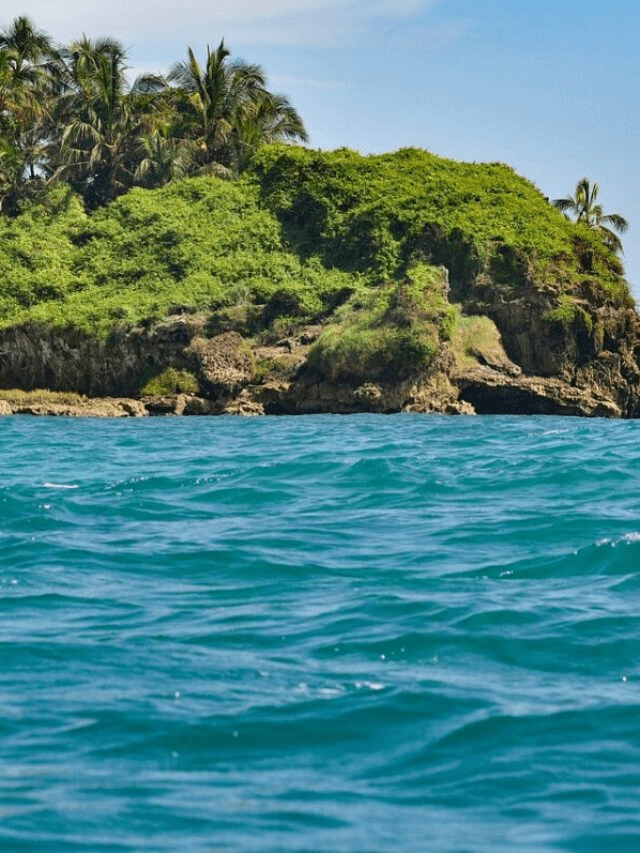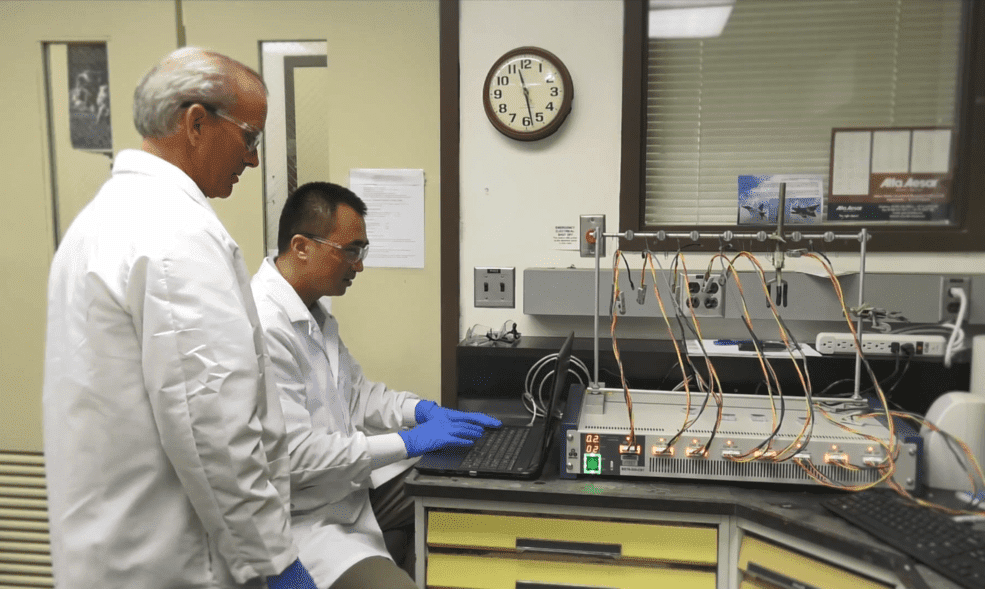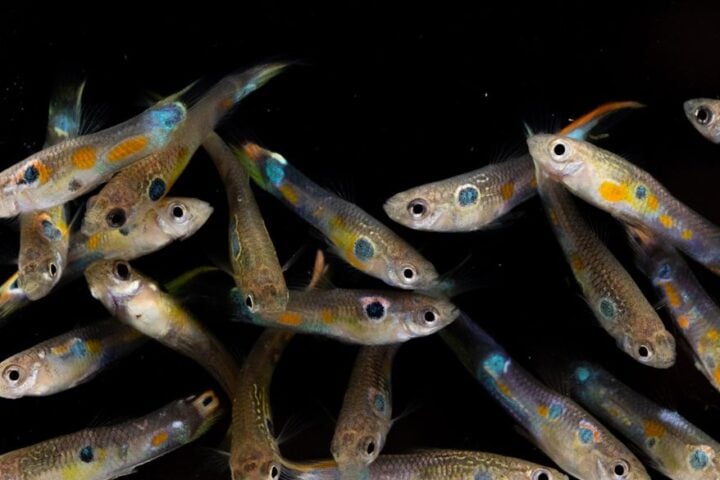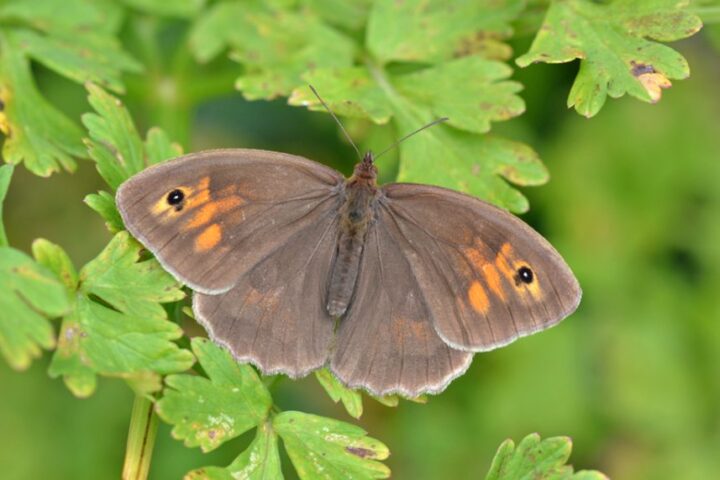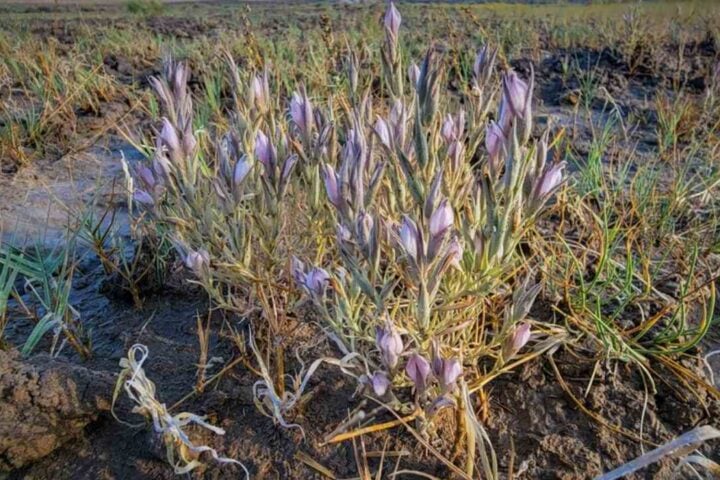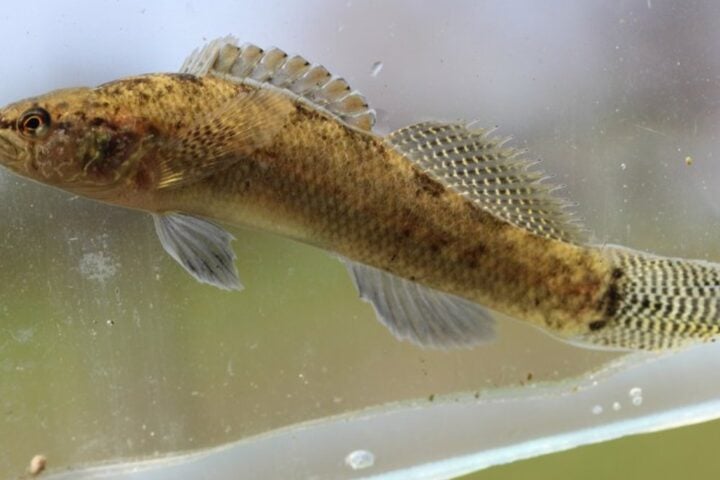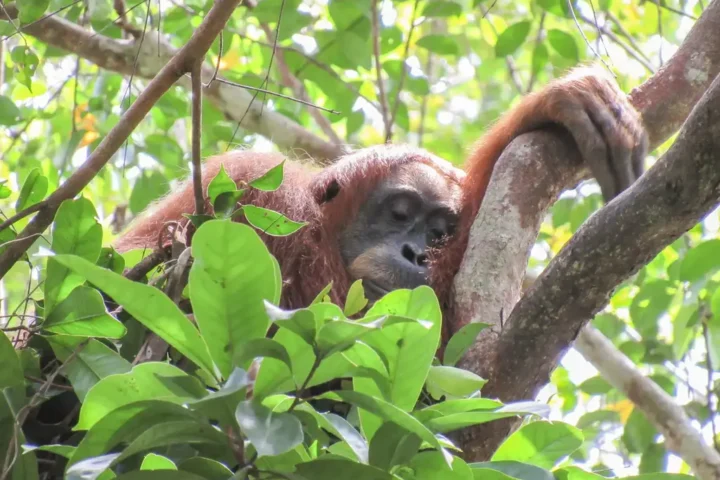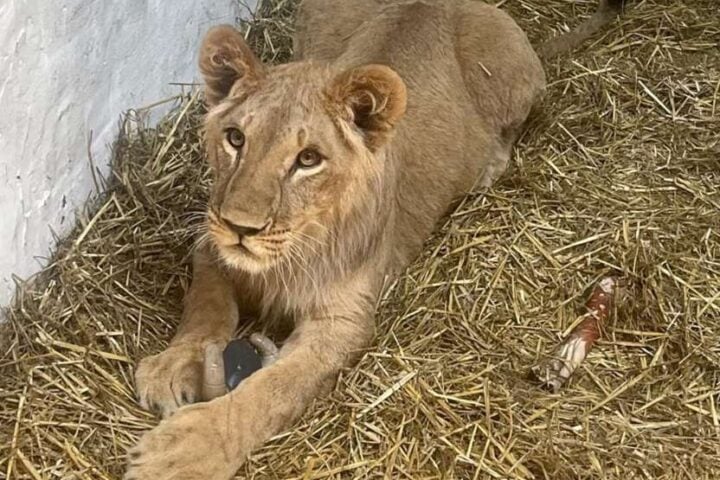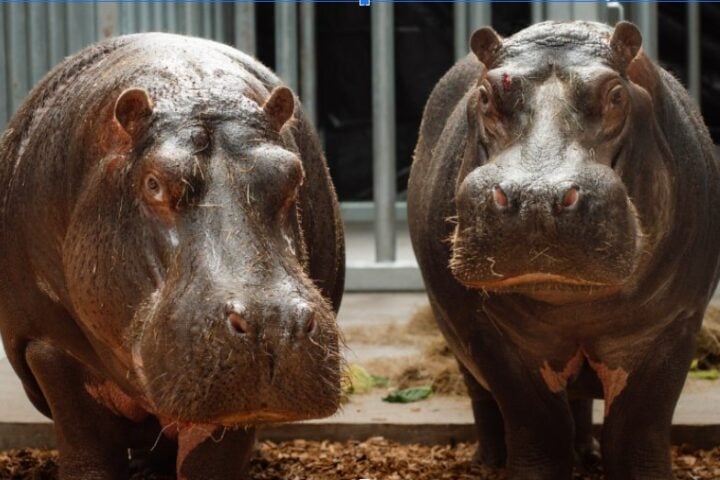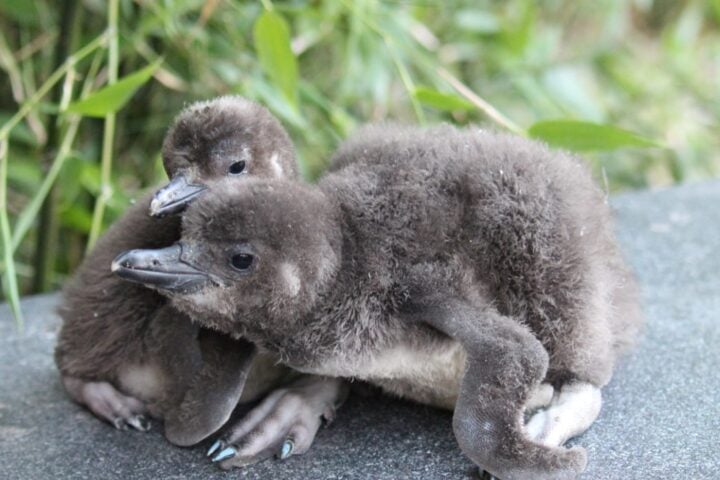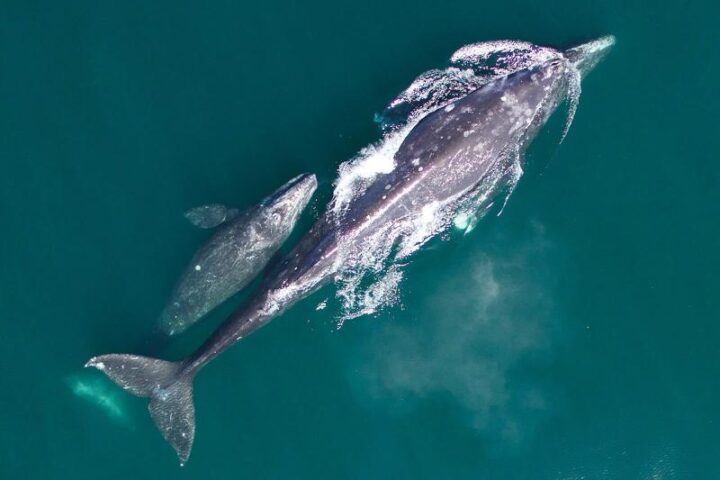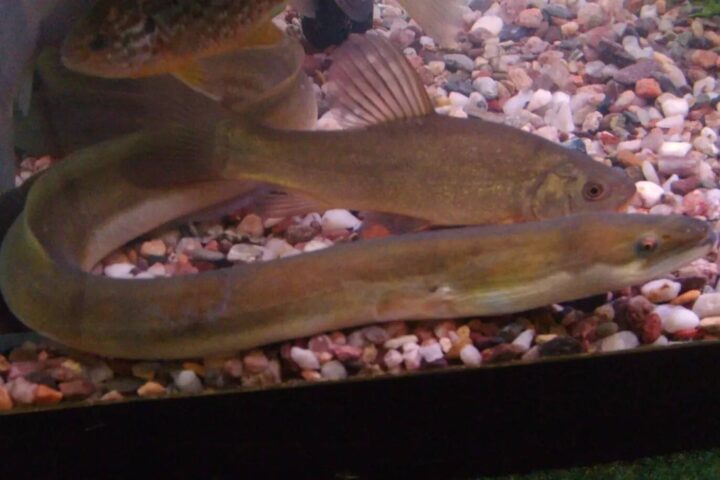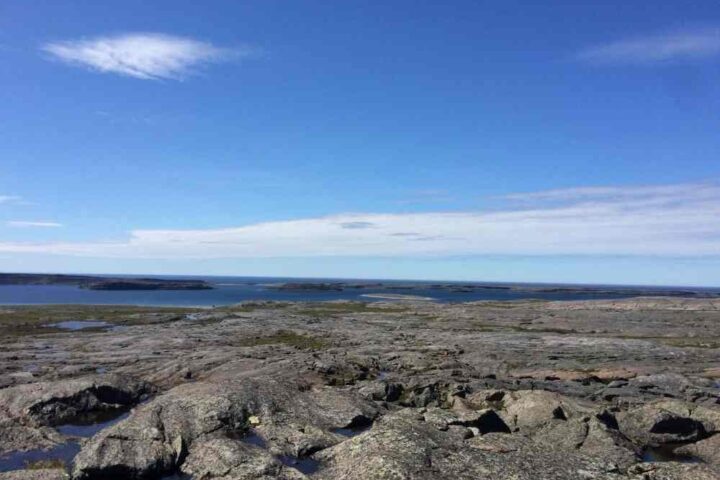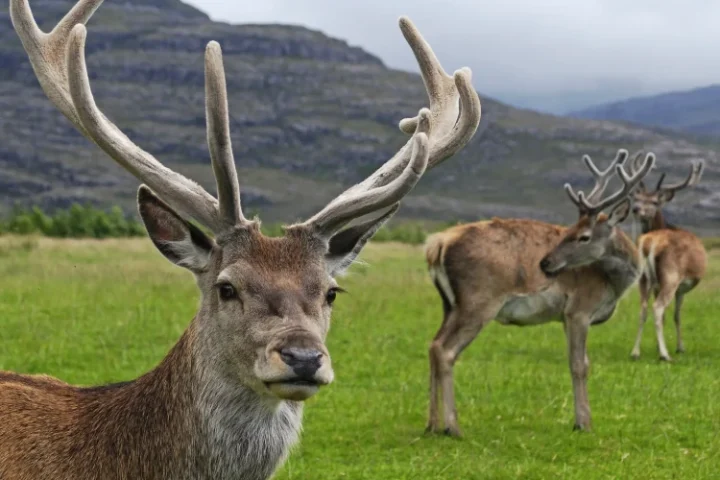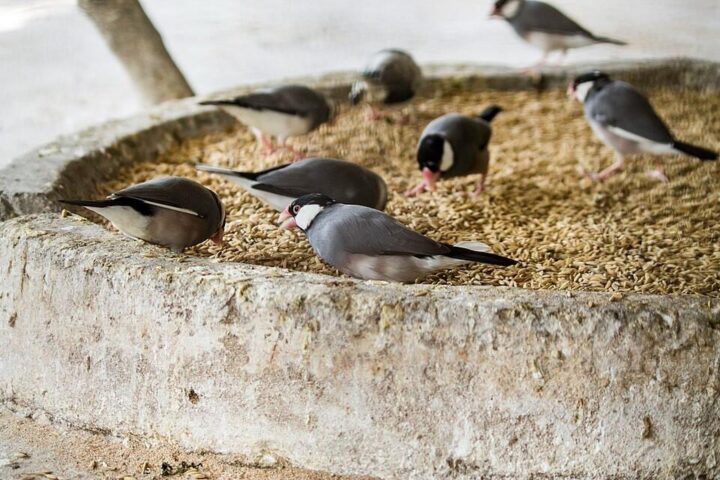Panama‘s President Laurentino Cortizo & Minister of Environment Milciades added 36.058 square miles to the Banco Volcan marine protected area in the Caribbean, within the framework of Our Ocean Conference on March 2-3,2023 in Panama City. Researchers at the Smithsonian Tropical Research Institute (STRI) along with local & international collaborators have offered much of the science backing Panama’s successful proposals to create the MPAs bringing more than 50% of its ocean waters under some form of management or protection.
The “Banco Volcan Managed Resources Area” is an area with unique natural resources such as deep mountain ranges & high biodiversity that includes various migratory species and protected or endangered species. Created in 2015 this area is all important for the health of the oceans. Its limits were proposed to be expanded in response to a request from the Ministry of the Environment last year, after a review of the protected area by STRI scientist Héctor Guzman & considering the ecological integrity of the region.
The Banco Volcan Marine Protected Area’s expansion in 2023 has not only led Panama to protect more than 54% of its territorial waters, but will also buffer climate change, protect Panama’s deep sea mountain environment, and help, such as safeguard fauna from human intervention, including several fish and invertebrate of high commercial value, such as the Caribbean spiny lobster (Panulirus argus). Therefore, this action will have a dire impact on the protection of an important sustainable resource for the indigenous and Afro-Caribbean coastal communities of Panama. Additionally, it could maintain the connectivity of migratory routes for oceanic and marine-coastal species in the area that extends along the Caribbean coasts of Jamaica, Colombia, Honduras, Nicaragua, Costa Rica, and Panama.
“With the protection of more than half of its seas, including extensive ocean reserves on both sides of the Isthmus, Panama is not only ensuring the conservation of its marine biodiversity and the livelihoods of the people who depend on these ecosystems in the long term but is also positioned to lead a much more ambitious regional effort, “ said STRI marine biologist and MigraMar co-founder Héctor Guzman.
- Suspected Fireworks Spark 4-Acre Rancho Fire in Laguna Beach, 100 Homes Evacuated, No Damage
- Salmonella Dublin: Deadly Cattle Disease Costs Farms €11,300 Annually While Showing 60% UK Infection Rate
- Male Guppies With Orange Spots 2X More Sexually Active Than Dull Males, UBC Study Finds
- NHTSA Investigates 1.2 Million Ram Trucks After 7 Post-Recall Injuries Reported
- EU 2035 Zero-Emission Car Target Saves 1 Million Jobs While Creating 220,000 New Battery and Charging Positions
STRI has accompanied the Panamanian government with the scientific bases for the creation of new marine protected areas for almost two decades, starting with the Coiba National Park in 2004 and followed by the Las Perlas archipelago in 2007, both in coastal areas of the Pacific Ocean. In 2015, STRI led the design and scientific justification for the creation of the first two oceanic marine protected areas: Banco Volcan in the Caribbean and Cordillera de Coiba in the Pacific, helping Panama to protect 13 % of its oceans. With this, the country surpassed the international target for biological diversity.
